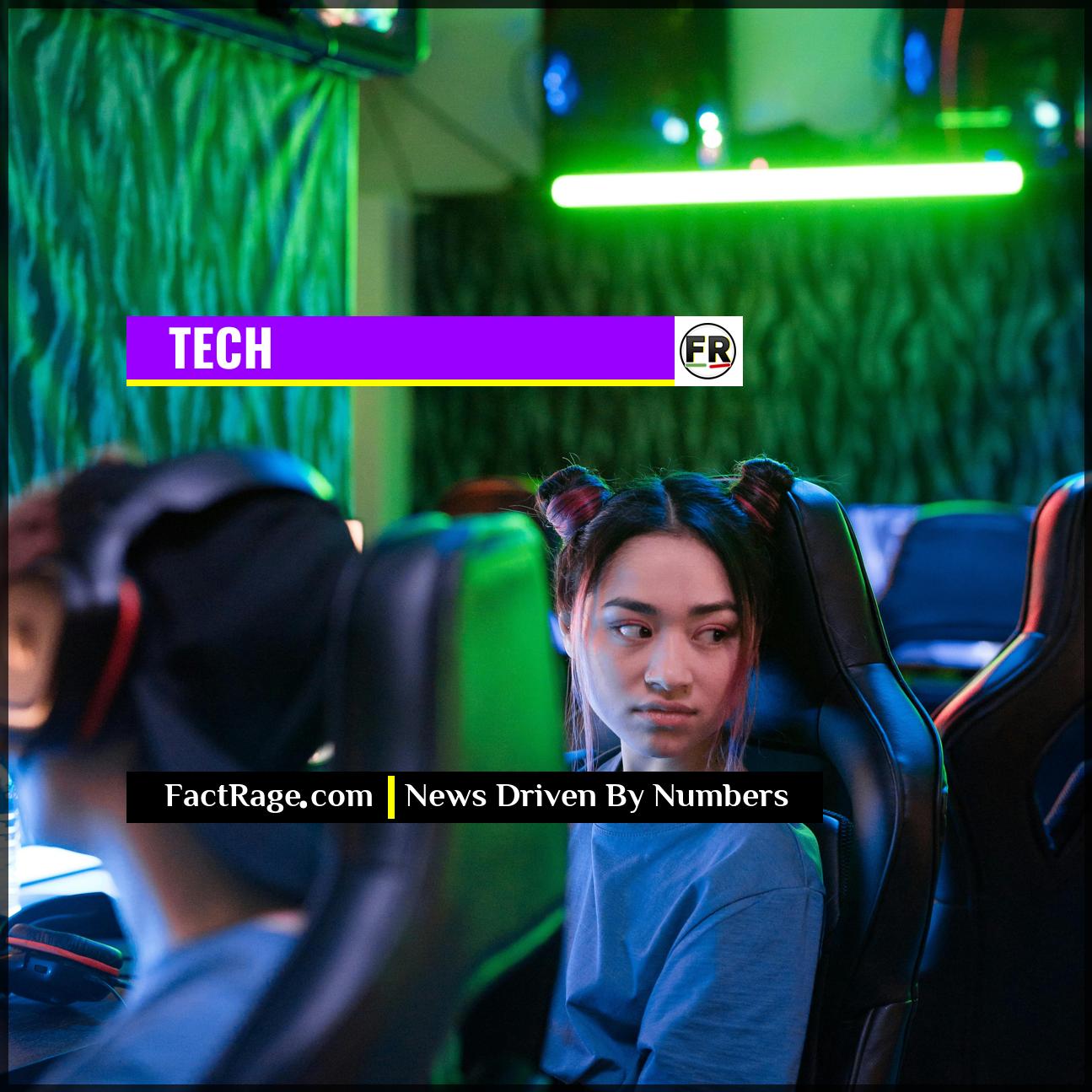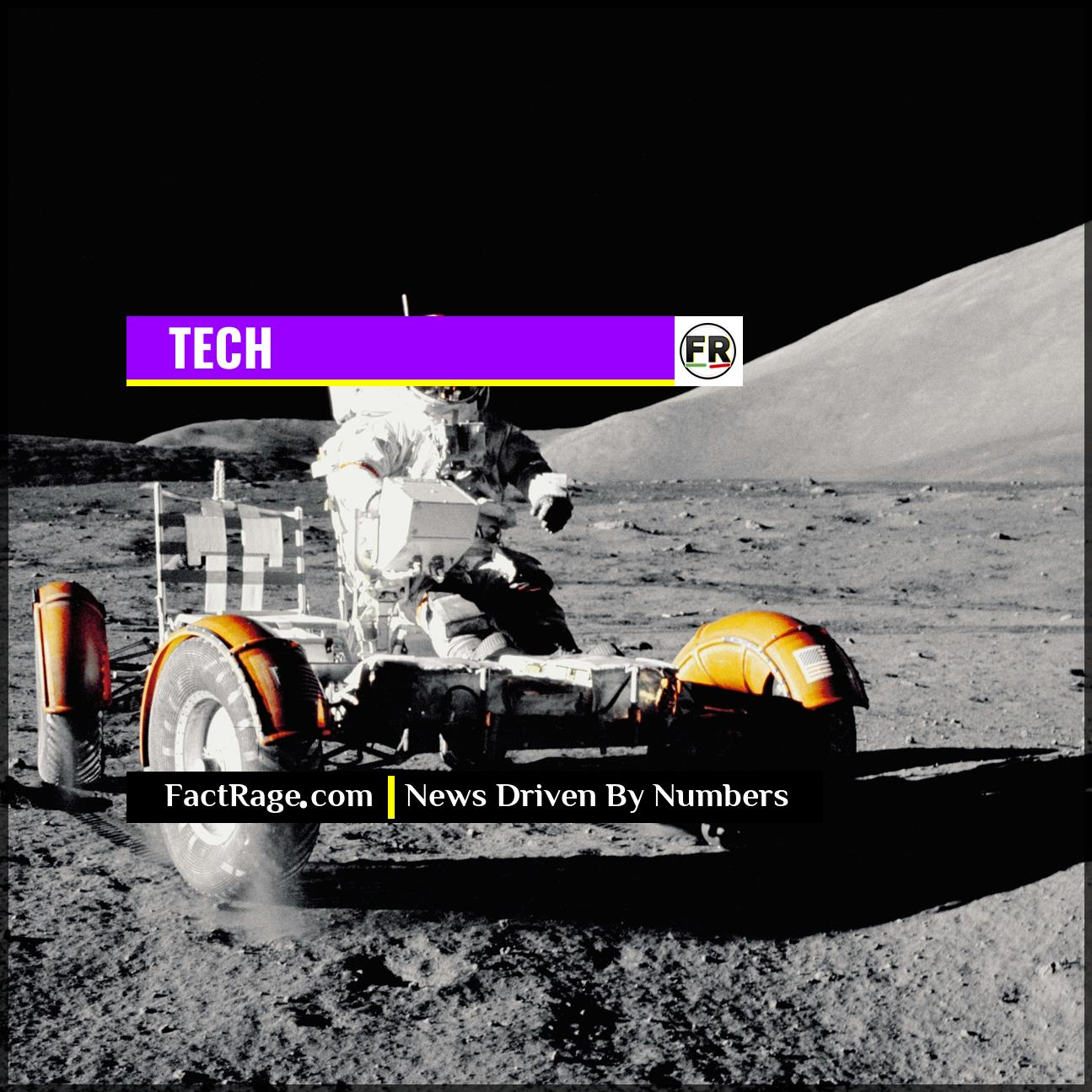WASHINGTON, DC – The Senate Committee on Commerce, Science, and Transportation will convene a hearing on July 14 with chief executives from top technology firms to discuss the path forward for regulating artificial intelligence, but federal records show the most significant conversations may be happening behind closed doors.
- The Public Hearing – CEOs from Alphabet, Microsoft, Meta, and OpenAI are scheduled to testify before the Senate Commerce Committee on AI safety, competition, and potential legislative frameworks.
- The Lobbying Push – In the last full reporting year, these same companies collectively spent over $50 million on federal lobbying, with disclosure reports explicitly listing “artificial intelligence” as a key issue.
- The Money Trail – An analysis of campaign finance data reveals that political action committees (PACs) and employees of these tech giants are significant donors to the campaigns of senators on the very committee they will testify before.
While the upcoming hearing will provide a public forum for debating the future of AI, a deeper look into lobbying expenditures and campaign finance reports offers a clearer picture of how corporate interests are actively shaping one of the most critical pieces of legislation in a generation.
DeepDive98: The Influence Ledger
![]() Public hearings provide a stage for official testimony, but the most critical data often resides in federal disclosures. This investigation analyzes the documented flow of lobbying funds and campaign contributions that form the backdrop to the AI regulation debate. By following the money, the data reveals the system of influence operating behind the public-facing proceedings. The numbers themselves tell a crucial part of the story.
Public hearings provide a stage for official testimony, but the most critical data often resides in federal disclosures. This investigation analyzes the documented flow of lobbying funds and campaign contributions that form the backdrop to the AI regulation debate. By following the money, the data reveals the system of influence operating behind the public-facing proceedings. The numbers themselves tell a crucial part of the story.
What’s at Stake in the Public Hearing

The hearing, titled “Oversight of AI: Legislating the Future of Innovation and Accountability,” is expected to draw significant public attention. The witness list includes the CEOs of Alphabet Inc., Microsoft, Meta Platforms, and OpenAI. The stated purpose is for lawmakers to question these leaders on the risks and opportunities presented by rapidly advancing AI technologies.
Senators on the Commerce Committee are expected to press the executives on issues ranging from algorithmic bias and data privacy to national security implications and the potential for job displacement. The hearing serves as a key step for Congress as it drafts foundational laws to govern AI development and deployment. What policy proposals will these CEOs endorse in public, and how will they address concerns about concentrating power within a few dominant companies?
The Overlooked Numbers: A Multi-Million Dollar Influence Campaign
While public testimony creates headlines, federal disclosure filings reveal a sustained and costly effort to influence policy away from the cameras. A review of data from the Center for Responsive Politics shows the scale of this operation. In the most recent full year of reporting, Meta Platforms led the pack with over $19 million in lobbying expenses, followed by Alphabet at approximately $13 million and Microsoft at over $10 million.
Lobbying reports filed with the Clerk of the U.S. House of Representatives and the Secretary of the U.S. Senate frequently cite “issues related to artificial intelligence,” “competition policy,” and “data security” as primary targets of their efforts. This spending funds a constant presence in Washington, granting lobbyists access to lawmakers and their staff to advocate for industry-friendly regulatory frameworks. The central question this data raises is how this consistent, high-dollar influence shapes legislation before it ever reaches a public hearing.
Following the Contributions to the Committee Room
The flow of money does not stop with lobbying. An analysis of Federal Election Commission (FEC) data for the 2024 election cycle highlights the financial ties between the tech industry and the senators who will be conducting the hearing. For example, corporate PACs and employees associated with Microsoft and Alphabet were among the top contributors to the campaigns of several members of the Commerce Committee, from both political parties.
Committee Chair Maria Cantwell (D-WA) and Ranking Member Ted Cruz (R-TX) have both received significant contributions from the tech sector throughout their careers. While such contributions are legal and commonplace, the data presents a clear picture of the financial landscape in which AI regulation is being crafted. Presenting these correlations is not to suggest a direct exchange, but to document the well-established system of influence where financial support and political access are intertwined. As the Senate moves to write the rules for AI, the public record shows that the companies with the most at stake are also the most financially invested in the lawmakers making the decisions.
The Calculus of Influence
![]() The upcoming Senate hearing on artificial intelligence is not merely a debate on technology; it is a demonstration of a long-standing political equation. Public testimony provides the visible variable, while the data on lobbying and campaign finance reveals the constant, calculated forces of influence that operate behind the scenes. As lawmakers draft the rules that will govern a new technological era, the public record confirms that corporate interests have already invested heavily in shaping the outcome. This established system of access and influence remains a critical factor in understanding the final legislation that will emerge from Congress.
The upcoming Senate hearing on artificial intelligence is not merely a debate on technology; it is a demonstration of a long-standing political equation. Public testimony provides the visible variable, while the data on lobbying and campaign finance reveals the constant, calculated forces of influence that operate behind the scenes. As lawmakers draft the rules that will govern a new technological era, the public record confirms that corporate interests have already invested heavily in shaping the outcome. This established system of access and influence remains a critical factor in understanding the final legislation that will emerge from Congress.













